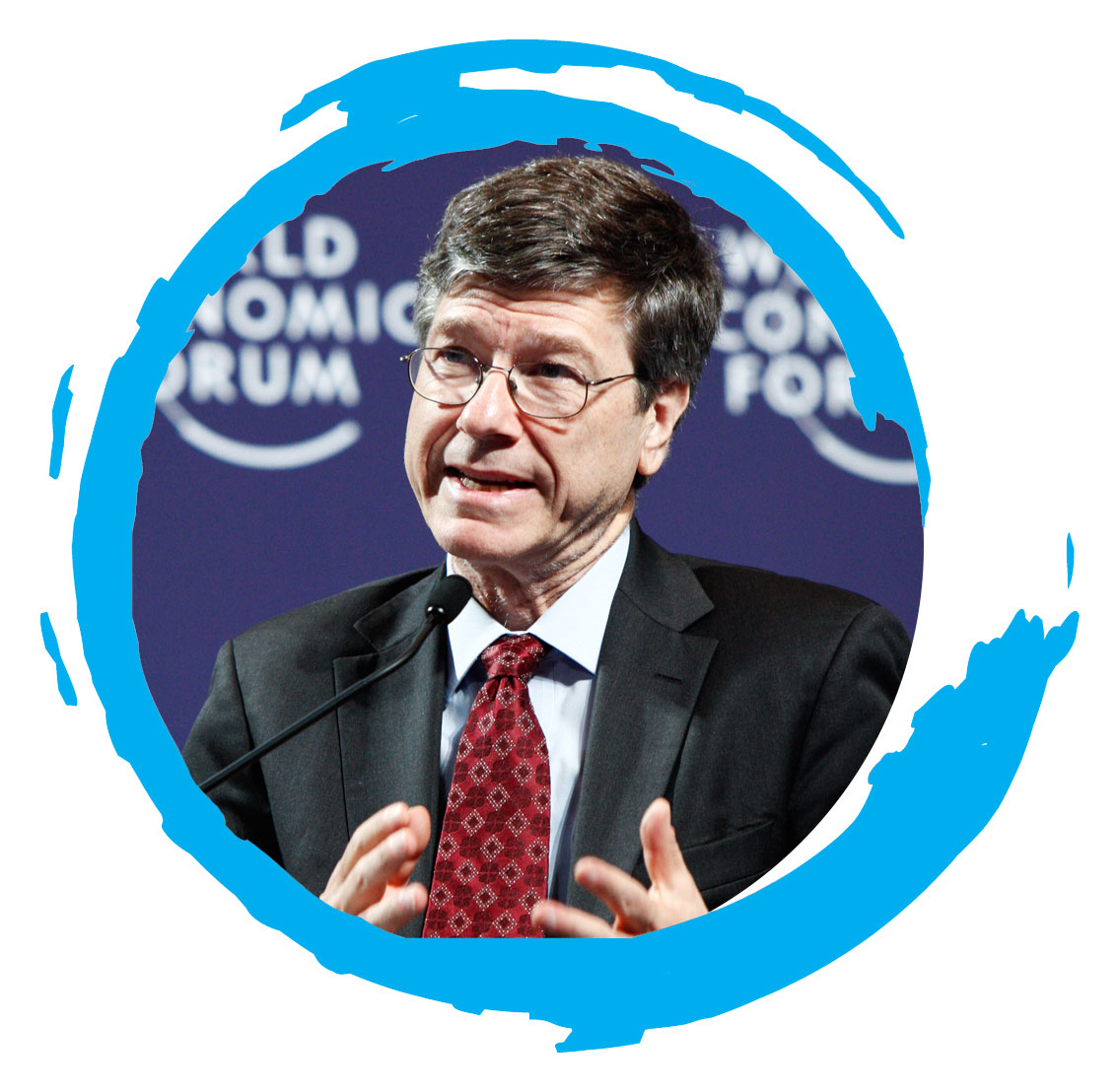
Prof.-Dr.-Jeffrey-Sachs
Sustainable Development Solutions Network has been operating to accelerate joint learning and promote integrated approaches that address the interconnected economic, social, and environmental challenges confronting the world and enable a large number of leaders from all regions and diverse backgrounds to participate in the development of the network. All universities in Afghanistan can also be partners with SDSN to promote Afghanistan’s commitment to the SDGs. The SDGs’ four key working areas are economic development, social justice, environmental sustainability and good governance. Fragile economic situation and environmental challenges (air pollution) are the factors we need investment in and indorsement to the social justice in Afghanistan.
We at the SDSN produce a report every year that is an index measuring progress towards SDGs. The report measures progress of 160 countries including Afghanistan. The report and details of information about Afghanistan and any other country can be found online. According to rating that we did for more than 160 countries; topping the list and achieving SDGs are European countries Denmark, Sweden, Finland, and France while U.S stands on 35th place and Afghanistan on 115th. SDGs progress in Afghanistan is below the standard line and needs urgent solution. Afghanistan is in need of a systematic approach and a strategy to attract financial resources that should turn the challenges into areas of strength.
Health care is one of SDGs premier objectives. According to United Nations World Population Prospects the average life expectancy at birth is 71 years. However, life expectancy in Afghanistan is only 62 years. Poor nutrition, lack of healthcare and violence are the main reasons behind the low life expectancy in Afghanistan. Making clean water accessible for residents and to providing people with better nutrition can increase life expectancy. Environmental challenges especially air pollution in Kabul is affecting people and causing diseases.
Annually, hundreds of people die as a result of air pollution. We hope the Afghan government with collaboration of international organizations set the above standards and increase life standards including life expectancy in Afghanistan in the upcoming years.
Universities can play an active part in rebuilding Afghanistan. Young graduates that leave universities and enter practical life should be equipped with all sort of soft skills. Introducing SDGs to students and polishing their leadership skills can pave the way for sustainable development. National action plan, good governance, urban development, information technology, research methods, healthcare and infrastructure are other areas that universities can prepare young graduates to master in so they could have their influence on community and be active and productive members of their society. SDSN is offering free online materials in different courses for students to study. We have introduced a new master’s degree in SDG that 40 universities around the world are teaching at present. We are ready to help universities in Afghanistan to include this new master’s degree in their syllabus and be part of our global network of universities. Mr. Sachs thanks Kateb University for hosting and organizing SDSN in Afghanistan. Every university and institution can have a role in SDGs. We look forward to help and support one another in the upcoming events. Afghanistan is a great country with great potentials. SDG is a huge opportunity and it is really meant for Afghanistan.
Comment is not allowed